The Duty of Caring
Sometimes when writing policies, I wonder how extensively to consider the ‘what if’ scenarios captured in evacuation guidelines. With the effects of climate change, the severity of natural disasters continues to elevate and what might have been a brief displacement from a location or region, now can be prolonged devastation. Targeted terrorist events again showcase the need to pivot quickly to support a workforce – likely a rather small and geographically contained population.
And then the Ukraine invasion arrived, reminding us all of the relevance and intense urgency of evacuation guidelines and the deeply human side of duty of care that can define an organization. There is no looking away. No way to deny the historic diaspora we bear witness to. This work that we all do is vital.
Empathy can get us there. Practical daily needs must be bridged so we’ve put together an evacuation checklist (not necessarily in order of priority) to assist clients in dealing with emergency situations:
- Stay up-to-date with verified sources of information (relocation partners, on-the-ground contacts, consulates, etc.)
- Understand immigration regulations and emergency responses can’t be anticipated and may change daily or hourly
- Create reliable, sustained communication pathways with your workforce while preparing for infrastructure interruptions and failures
- Supply burner phones/SIM cards to ensure employees are connected with loved ones
- Leverage International SOS-type services for evacuation and medical assistance
- Fast track urgent medicine prescription refills, health check-ups and mental health services
- Distribute quick and accessible cash lump sum payments to acquire basic clothing and personal items, which families may have had to leave behind
- Stock refrigerators in temporary accommodation with basic foodstuffs and toiletries so families don’t need to worry about shopping initially in a new location
- Consider group bus tours of the new location with fellow evacuees to help build relationships with those who intimately understand their common trauma
- Assume some evacuees will test positive for COVID-19 at border crossings and be in immigration limbo
- Provide assistance registering with the local consulate in the destination location
Altair Global has been honored to help clients in the region relocate their evacuated populations. One such client noted their top priorities:
- First and foremost, the safety of our employees in Ukraine
- Daily communication via our emergency communications process and via townhall meetings
- 24-hour email helpdesk and telephone support
- Easy access to monies for key individuals in Ukraine to be able to make cash payments as required
- Available funds to our employees who cannot access their money or support themselves in the short term
- Accessible healthcare coverage for employees/dependents outside of Ukraine to ensure treatment
- Flexible solutions as the plans of our evacuating employees change at a moment’s notice
Truly sage and practical observations from an on-the-ground perspective. This is another example of how global mobility professionals can help lead the way for an organization. Seeking refuge from danger is not a choice. We can help those in need manage the unimaginable with dignity.





